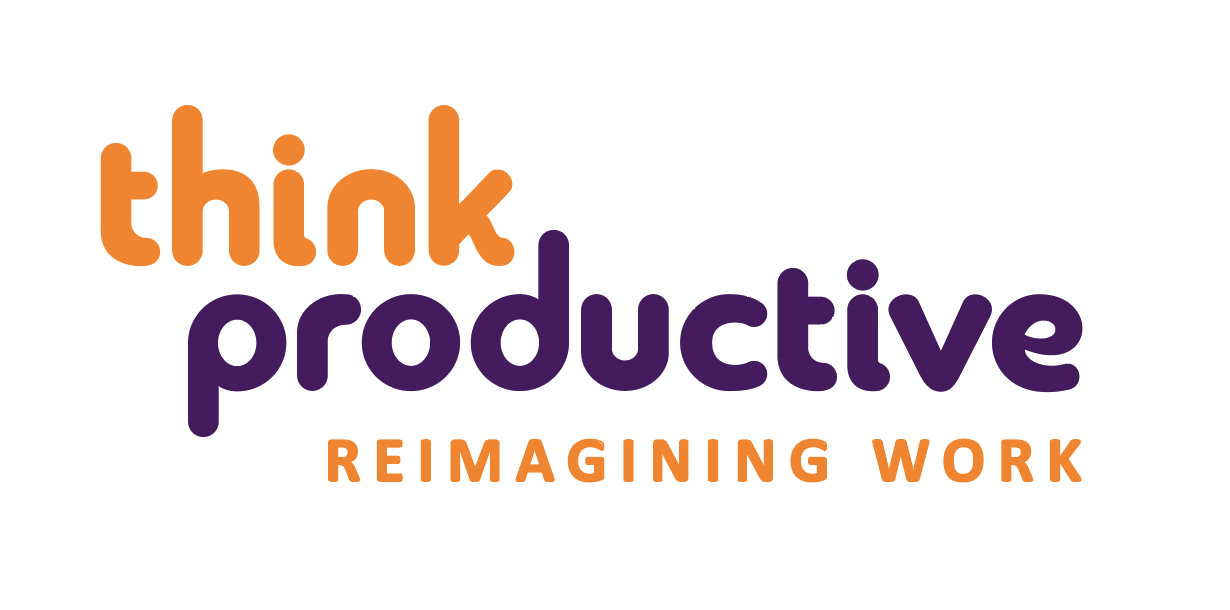We all know that one person who refuses to make any resolutions for the New Year on account of it being “just another day”, meaning you’re no more likely to make a lifestyle change than at any other point in the calendar. Perhaps this is true, but still year after year people are making and breaking the same resolutions, always convinced that this will be the year they finally stick. We want to share with you some of our own tips and tricks on how to not suck at your New Year’s Resolutions!
Writing a Resolution You Can Stick To
There are two parts to the success of a New Year’s Resolution: writing a resolution that you can stick to, and sticking to the resolution that you write. This first part is often overlooked, and many dive straight into a goal that (because of the way it was designed) was always doomed to fail.
The trick to writing a good New Year’s Resolution is to check that it’s all of the following three things: meaningful, measurable, and realistic.
Your resolutions must have meaning to you. If you are resolving to do something that you don’t really care about, or don’t feel any passion towards, it’s unsurprising that you might struggle to stay motivated in achieving it. Write the resolutions that you want to write, and write them for yourself.
One of the biggest problems with many New Year’s Resolutions is that they are not written to be measurable. ‘Lose weight’ is vague, and difficult to monitor or declare complete. ‘Lose x amount of weight’ is better. The more specific your resolutions are, the more likely they are to be successful. Here are some examples:
“Learn to speak French” vs. “Complete the French section on my Duolingo app”
“Get into running” vs. “Go for a run once every week”
“Become a better cook” vs. “Try out two new recipes each month”
Lastly, it’s all very well to write resolutions that are both meaningful and measurable, but you won’t be able to accomplish them unless they are realistic. It’s important to remember that you are human (not a superhero!), and to be reasonable with the goals you set yourself. Don’t set yourself fifteen time-consuming challenges for the year – you simply won’t be able to complete them all.
Instead, opt for a handful of relatively easy resolutions, or just one or two more difficult ones. If there’s something that’s especially important to you, make it your only resolution! There’s no rule that says your personal developments for the year start and end with the resolutions you make on January 1st.
Idea: Use your Ninja Unorthodoxy, and try something different! Why not set one resolution for yourself each month? That way, you can still achieve lots throughout the year, without having to focus on multiple things at once. Mono-task!
Sticking to the Resolution You Write
So, you’ve decided on your resolutions for the New Year. Great! Now for the hard part: sticking to them. A good way to start is by writing them down.
Have a clear list that dictates your goals for the year, and stick it somewhere so that you’ll be able to see it regularly. This might be over your desk at work or home, or even held down by magnets on your fridge door (a great idea if your resolutions are food/fitness related!) Many resolutions are unsuccessful simply because they are forgotten about, so put yourself in as good a position as possible to not forget.
Another idea is to tell a friend, family member, or colleague your resolutions. Make yourself accountable to someone, and you’ll find yourself with more motivation keep going – even if just to not to have somebody else think of you as a quitter. Alternatively, make a joint resolution with somebody, and spend the year spurring each other on!
You should also set up a system for tracking your progress. If your goal is to do fifteen minutes of cardio a day (or some other daily task), Jerry Seinfeld’s “Don’t Break the Chain” method works extremely well. Set up a physical calendar with the name of the task written clearly at the top; each time you complete the task, use a marker to draw a cross through the day. By doing this, your motivation should actually increase as time goes on, rather than the opposite. The longer the “chain” of days you have, the more reluctant you’ll be to break it. It might also be worth searching the app store on your phone, to try and find an app that will track your particular resolution!
Lastly, don’t wait until the end of the year to reward yourself for completing resolutions. Celebrate your micro-successes!
We hope this article has given you some good advice on how to write and stick to whatever resolutions you choose to make for 2016. Tweet us @thinkproductive, and let us know if any of these tips work for you!
